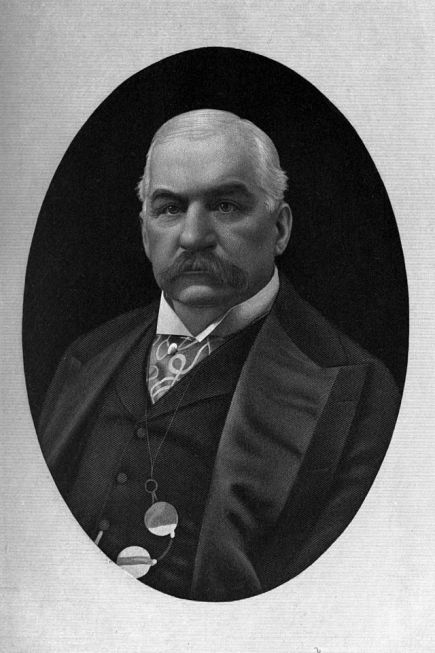Morgan was a sincere Episcopalian. The opening words of his will were: 'I commit my soul into the hands of my Savior, in full confidence that having redeemed and washed it in His most precious blood He will present it faultless before my Heavenly Father.'
In 1901, by buying out Carnegie, Morgan created US Steel. It was the biggest single productive unit in the US effort in both world wars and in 1960 it was still the world's biggest steel company.
Morgan's activities in 1907 were the basis on which the US Federal Reserve Bank was finally created seven years later.
In 1888 Morgan became a trustee of the Metropolitan Museum of Art, and in 1904 its chairman. In 1909, under pressure from Morgan, the United States finally abolished its 20 percent import duty on works of art and it became possible for him, and many other American collectors, to bring their choicest artistic possessions into the country and, eventually, to donate them to the Metropolitan. Thus America's enormous public artistic heritage was accumulated. Almost single-handed, Morgan turned the Metropolitan from a merely notable collection into one of the three or four finest anywhere.
Henry Clay Frick, in charge of the Carnegie's plant, became an associate not only of Morgan, at US Steel, but of Andrew Mellon and John D. Rockefeller and accumulated and enormous fortune. He built up a personal art collection of a quality never surpassed in America, before or since. He left the entire assemblage, plus his superb Fifth Avenue mansion where they hang, and an endowment of $15 million, to the people of New York City.

